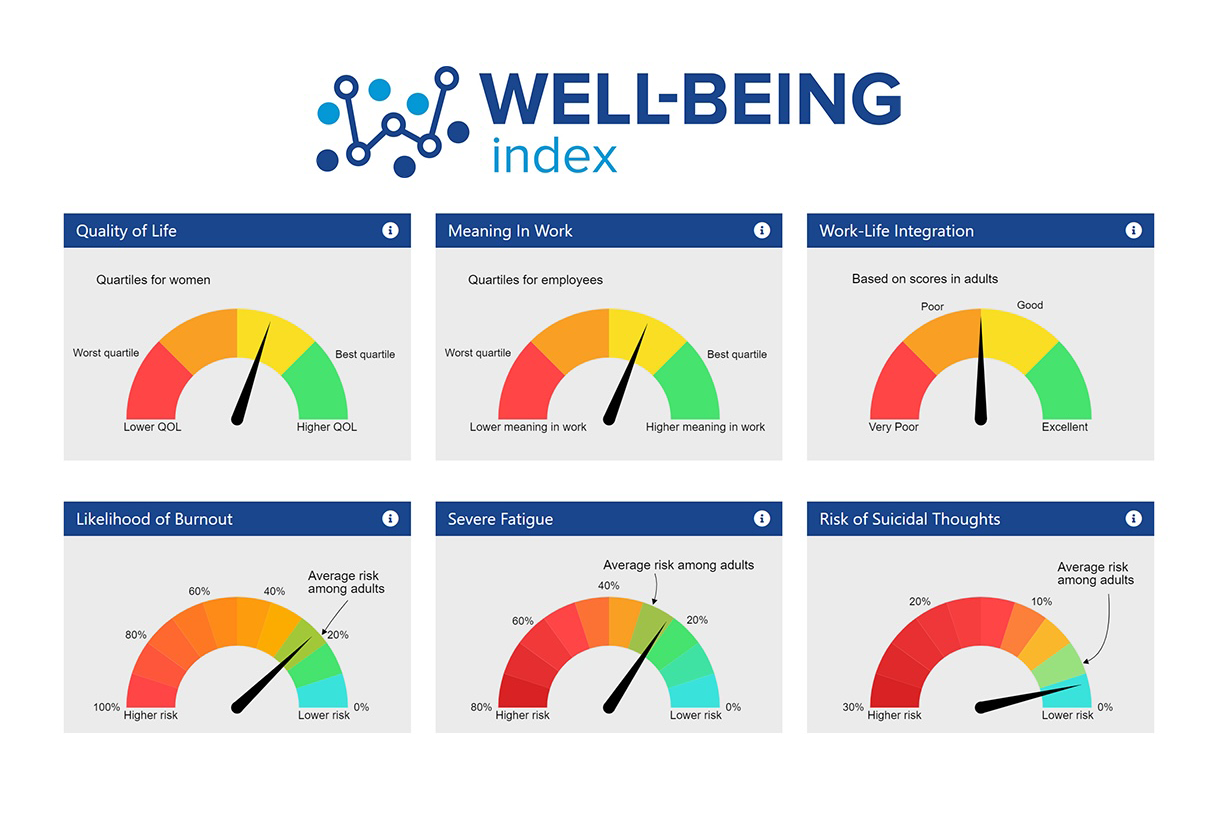Contracting Considerations
Contract Considerations and Employment Accommodations for Pregnancy
Guidelines for Practice Success | Managing Pregnancy | Business Operations
New dentists and dental students sometimes inquire about the wisdom of attempting to negotiate parental leave into the employment agreement or contract that’s presented and negotiated before accepting the position.
While the decision regarding whether or not to broach the subject during an interview or the negotiating phase is completely up to you, some human resources professionals maintain that it’s a moot subject since your prospective employer likely already has established policies regarding staff medical leaves based on whether or not they’re bound by applicable federal and state regulations.
Another thing to consider is that your employer may have a single standard employment contract or agreement for all employees and amending the language of the contract for you could put him/her in a tenuous position should someone else allege favoritism or unfair treatment.
Finally, while it would be illegal for a prospective employer to not offer someone a position because they may be thinking about starting a family, it’s possible that knowing that you plan to do so could cause the hiring manager to scrutinize your skills and career history more thoroughly than those of other candidates.
Associates and employee dentists thinking about expanding their families can find helpful information to support you throughout the process including the U.S. Department of Health & Human Services’ Office on Women’s Health website.
You may request certain job accommodations while pregnant. Accommodations that may apply during pregnancy include:
- Having some flexibility in the work schedule to allow you to attend prenatal appointments; this can be especially helpful for high-risk pregnancies
- Taking more frequent rest breaks
- Being able to use an ergonomically appropriate chair or stool when possible
- Avoiding potentially dangerous activities
- Taking more frequent bio breaks
- Occasionally being late to work due to morning sickness
Ask your physician to provide a note to your employer detailing the reason accommodations are recommended and specifying what types of accommodations should be put into place.
If, for some reason, you are unable to do your regular job safely, even with accommodations, you may be eligible to request a different short-term job assignment under the Pregnancy Discrimination Act (PDA).
Accommodations typically do not continue once you return from your maternity leave. If you believe you need some type of accommodation, discuss it with your physician and provide your employer with a note detailing why you need the accommodation, what changes should occur, and a plan for reassessing the arrangement.
Consult with your physician to determine how long into your pregnancy you should work.
The U.S. Department of Labor’s Family and Medical Leave Act (FMLA) does not require employers to provide pay while an employee is on leave unless the employer has policy stating otherwise.
While some states have additional protections beyond the federal statute, others don’t, so make sure you know the laws in your state.
Some pregnant women, especially those working in states that don’t provide additional protection, may strive to work as long as possible as a way to maintain their income stream and provide the maximum amount of time to take post-delivery. Make the decision regarding how long to work in consultation with your physician.
If you have no paid leave available to you and are unable to work at all, it’s possible you may qualify for either unpaid leave as an accommodation or under the Family Medical Leave Act (FMLA).
Unemployment insurance typically does not cover maternity/parental leave. Some level of limited financial income may be available if your employer provides short term disability insurance.
Consider scheduling a meeting with your manager or Human Resources staff shortly after announcing your pregnancy for information specific to your employer’s policies regarding medical leave. Know in advance that you, as a pregnant employee, are entitled to the same benefits as a non-pregnant employee on medical leave in regards to seniority, vacation calculation, salary increases, and temporary disability benefits. Go to the meeting ready to listen to the information and be prepared with a list of specific questions. Possible topics might include how benefits are accrued during that time, earnings towards any potential bonuses, etc.
Your employer should not:
- Refuse to hire a person who can perform the functions of the job because of pregnancy. Employers are also prohibited from discriminating on other aspects of employment, such as job pay, assignments, promotions, layoffs, training, fringe benefits and firing, due to pregnancy.
- Have a policy that requires you to advise your employer that you are thinking about or planning to start a family.
- Treat you differently than they treat employees who have the same ability to work and who are not pregnant.
- Require you to take medical leave because of your pregnancy if you can still perform your job. They also should not suggest that you begin your leave of absence earlier than the date recommended by your physician.
- Require you to provide a physician’s statement certifying that you can work if the similar statements are not required from the physicians treating other employees planning or taking medical leaves.
- Claim that any performance issues are the result of pregnancy. Any claims of unsatisfactory performance should have been evident – and documented and discussed with you – before the announcement of your pregnancy.
- Refuse to allow adequate time for you to recover from delivery as recommended by your physician and in accordance with any relevant policies in force at the practice.
- Penalize you in any way for taking breaks in order to breastfeed your baby or express milk.






